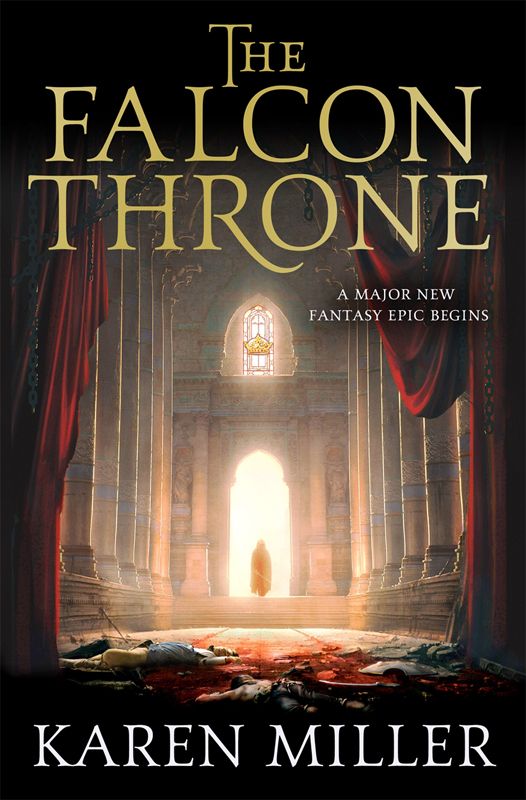I have often claimed that if we were ever to run out of space at home, I could build us a rather nifty extension using nothing more than my book collection. We’ll ignore, for a moment, the fact that it would probably be said book collection that caused the space problem in the first place, and no comments, please, on the fact that a goodly proportion of the original house search centred around finding somewhere with enough walls for all the bookcases. The point, my friends, is not that I am a book hoarder; it is that I am a reader. I am also an editor. In my experience, the two are inextricably entwined.
 I don’t know any editors who don’t have heaving, towering private libraries, regardless of the amount they read for work. They are voracious readers, every one, drawn to the job itself for the very reason that it involves the written word and the reading thereof.
I don’t know any editors who don’t have heaving, towering private libraries, regardless of the amount they read for work. They are voracious readers, every one, drawn to the job itself for the very reason that it involves the written word and the reading thereof.
So it astounds me that apparently people sometimes apply for roles as editors despite having no interest in reading. I struggle to understand this. It’s the same strange affliction that causes people to decide they want to be writers even though they only read once a year (if that).*
I am not sure what these wannabe editors are hoping to achieve. Where do they see themselves going? What job do they really want? Do they have a somehow-related ambition they’re trying to fulfill? Because if you don’t like reading, editing probably isn’t the role for you, despite the many posts lately from editors saying that they don’t get to do much reading at the office. The fact is, reading (and understanding reading habits) is intrinsic to the role.
As far as I know, few of these non-reading types are successful. The competition for editing roles, particularly in book publishing, is enormous and you can sometimes wait years for a gap to open up. It’s hard work to get in – a degree in the right subjects won’t cut it; you need to be able to prove your interest and experience beyond that, and it’s even harder work once you’re in. Most editors put in long hours at the office and take work home with them regularly – a lot of the time that’s the only way they can get through all the reading that’s required since office hours may well be taken up with meetings and other editorial duties. If you’re a freelancer it’s likely you’ll work most weekends and public holidays.
Editors do this job for passion (you’d want to, you certainly don’t do it for money or fame). So why on earth would anyone try to do this without it?
And how could you even attempt to do the job without being a reader?
Quite apart from being able to read and enjoying the written word, there is the appreciation for the act of reading. This is something that can’t really be taught effectively. You need to be an avid reader to know that how you read, how you see the words and take in the information, how you turn the pages (or scroll down the screen) differs entirely depending on whether you’re curled up with your favourite novel, relaxing with a magazine, sitting down with a newspaper, dipping into a how-to manual, or surfing the internet. And our habits are changing all the time.
How can you truly appreciate the differences if you don’t have your own reading experiences to fall back on? How can you edit a work proficiently if you don’t understand how words feel and flow in different situations?
These are mostly instinctive parts of the job, not things you can mark off a checklist.
As an editor, part of your role is to make sure that the words you are presented with by the author or publisher fit the type of publication being created, whether that is a novel or a business magazine. And let’s not forget that all this work: the writing, the editing, the publishing, the marketing, is all for the reader; so as an editor another part of your role is to look over those words as that reader.
Would you be able to do any of these things if you weren’t a reader yourself? Given you might have to ask these questions during your “free” time, after work and at weekends, would you even want to, if reading wasn’t something you did for pleasure?
* This is another post in itself. A long one. Although the interwebs have already covered it elsewhere…




